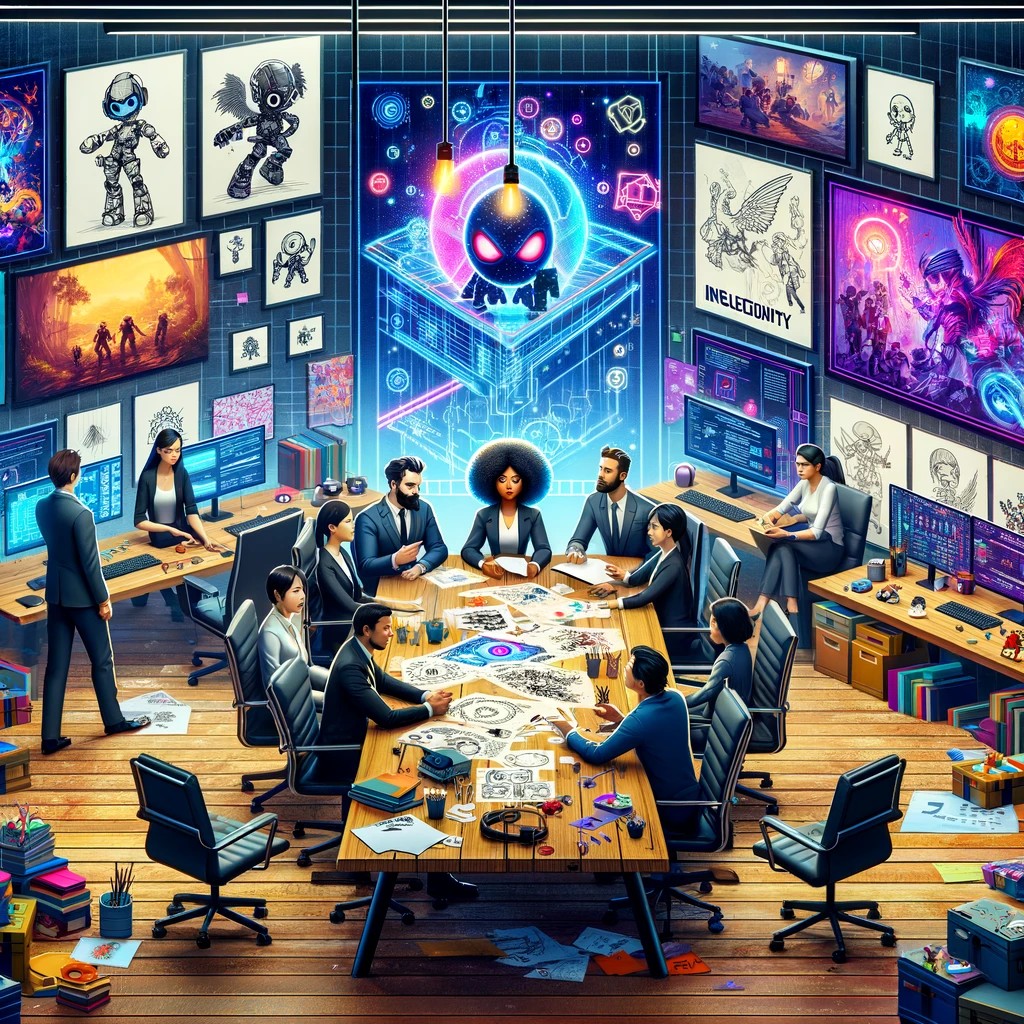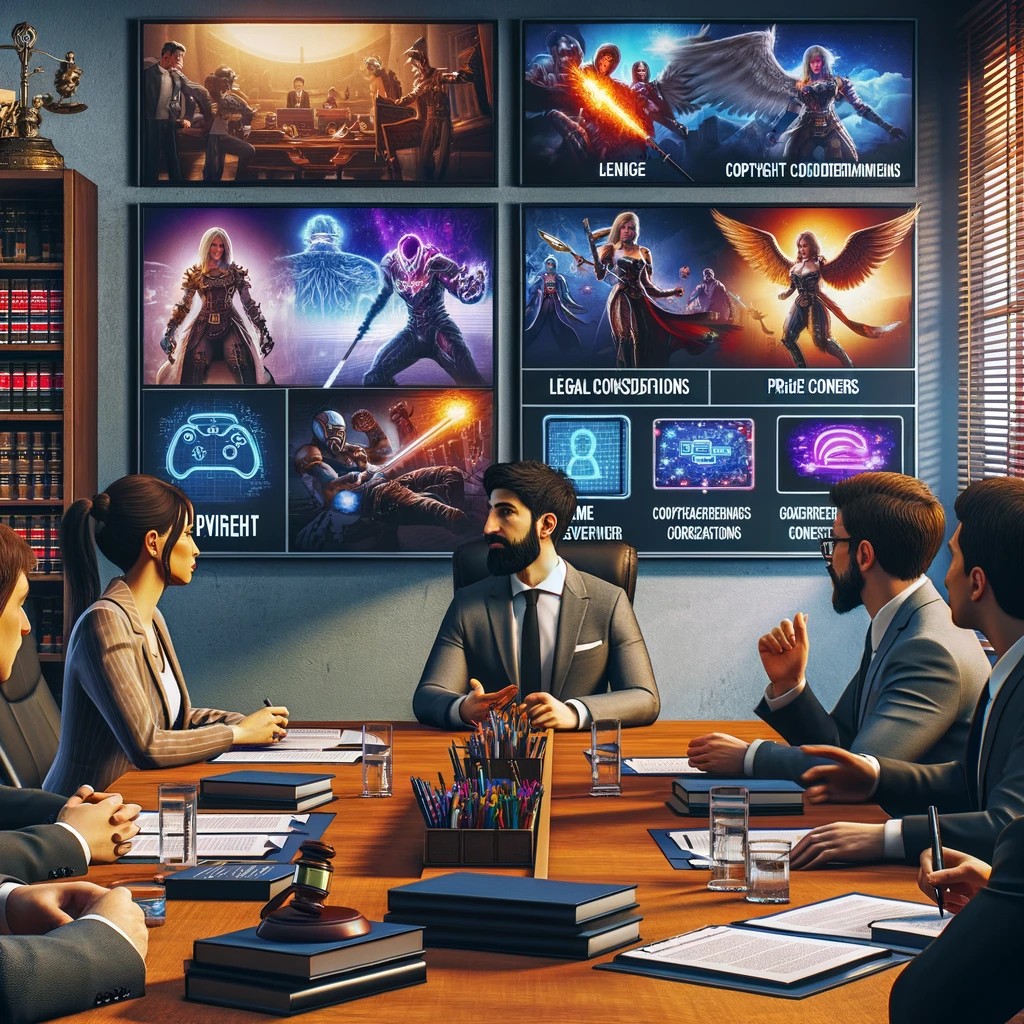Ethical Considerations in Art Law
Art law, which governs the legal aspects of creating, distributing, and consuming art, is deeply intertwined with ethical considerations. These ethical principles guide the actions and decisions of all stakeholders in the art world, including artists, collectors, dealers, museums, and galleries. These considerations often reflect social norms, cultural values, and personal beliefs. Our firm, specializing in art and cultural heritage law, offers this analysis of the key ethical considerations in art law. (more…)

